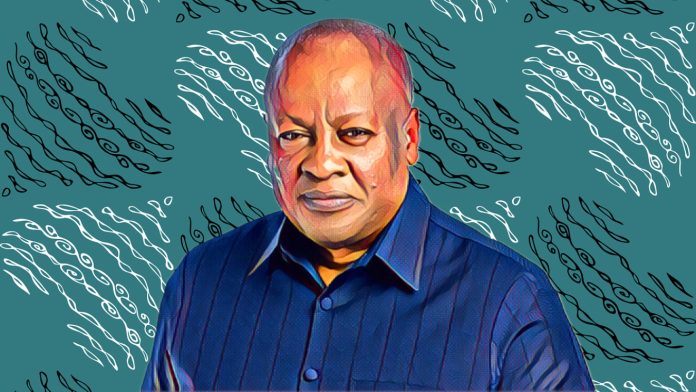KEY POINTS
- Ghana signaled cooperation in the fight against deportations.
- Nigeria rejected U.S. requests, citing security and economic risks.
- Trump pushes third-country deportations despite safety concerns.
Ghana has begun receiving West African nationals deported from the United States as part of Washington’s intensified immigration drive, President John Dramani Mahama said on Wednesday.
The decision, which has already seen the arrival of 14 individuals including Nigerians, a Gambian and others, highlights Ghana’s willingness to cooperate with the Trump administration’s broader effort to ramp up removals to third countries.
Ghana’s stance in fight against deportations
Speaking to reporters, Mahama disclosed that the deportees landed in Accra before being assisted by Ghanaian authorities to return to their respective countries. He emphasised that Ghana agreed to the arrangement due to the open mobility that exists within West Africa.
“We were approached by the U.S. to accept third-party nationals who were being removed from the U.S., and we agreed with them that West African nationals were acceptable because all our fellow West Africans don’t need a visa to come to our country,” Mahama said. He added that the decision aligned with existing visa-free access among member states in the sub-region.
The announcement drew attention in neighbouring Nigeria, where officials have resisted U.S. requests for similar agreements. In July, Nigeria’s Foreign Minister Yusuf Tuggar said Abuja would not accept deportees from outside the country, citing national security and economic risks.
Trump’s strategy and regional implications
The Trump administration has made deportations to third countries a central part of its immigration agenda, even as rights groups warn of safety risks for returnees. In recent months, deportees have been sent to Eswatini, South Sudan and Rwanda, where concerns were raised over reintegration.
On July 9, Trump welcomed five West African presidents from Gabon, Guinea-Bissau, Liberia, Mauritania and Senegal to the White House. According to Reuters, persuading them to take in deportees was one of the meeting’s key objectives. Mahama was not among the invited leaders.
The Ghanaian government’s cooperation highlights the regional divide over Washington’s requests. While Mahama frames it as a practical step consistent with West Africa’s visa-free arrangements, critics argue the long-term consequences for deportees and receiving states remain uncertain.



